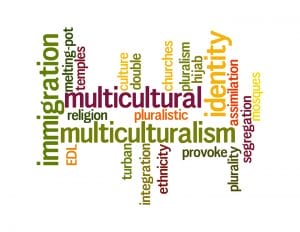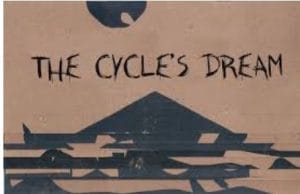School Librarians: Learning about eBooks, print books, information & media literacy.
In India, most professional development for national school librarians usually address technical aspects like the OPAC – Online public access catalogue or how to access the books, maintaining the stock of books, and rules for the libraries and purchase of books. During this pandemic, librarians learned different technology tools like google sites, pear deck, Kahoot and other tools to build their technology skills.
However, the Librarians role is changing. Librarians growth lies in the need to work in collaboration with teachers and the school curriculum. Librarians need to read and learn about books & stories and ways to support primary and secondary schools’ teaching and learning to remain relevant. If the librarian works in a progressive environment, professional development is the only way to help them stay relevant to the changing landscape. And, Liferarian Association provides the opportunity.
Professional Development for International School Librarians
International Schools are looking for librarians with multi-literacy skills, information and media literacy knowledge & skills to support elementary and secondary schools.
Professional Development for Indian School Librarians
With the onset of the National Education Policy (NEP) 2020, Librarians can capitalize on this change in education policy and opt for an opportunity to learn about the curriculum. When included in the staff meetings, librarians can better understand the school curriculum’s needs, thus creating a relevant collection of books for literacy and nonfiction books to support the interdisciplinary approach, experiential learning, and project-based learning mentioned in the education policy.
The Liferarian Association has initiated two practical courses to help build library skills and knowledge.
Code 01: Extended essay and Research skills (5 synchronous sessions) – INR 5,500
In this course, participants will learn how to research and teach students how to formulate a research question. Teach students how to identify and cite resources correctly, and it’s importance. Participants will learn and receive practical ways to help students plan, reflect and learn to guide students research and project work.
Code 02: Liferarian’s School Library Course (6 synchronous sessions) – INR 6,500
In this course, participants will learn the importance of a library curriculum and create one relevant to their school. Learn how to read aloud stories by learning about the different literacy strategies like authors’ purpose, inference, analyzing the plot and more. During the writing session, librarians or educators will learn how to write and support creative writing through practical lessons and writing exercises. Besides literacy, participants will learn how to help research skills, project work within the school structure—learning about media, digital citizenship, and advocating for the ethical use of information by understanding copyright and plagiarism concepts. This course will include practical lessons and ideas to empower the librarians.
Some responses and feedback from the workshops were:
- I didn’t know how important it was to connect with the school curriculum.
- I now know a lot about copyright, media literacy and the importance of ethical use of information, and now I know how to teach my students.
- During my classes in this international school, I can now teach information literacy skills.
- I did not know there were so many aspects of literacy when you read aloud picture books. I now learned how important it is to have focused learning strategies.
- I discovered that I like to write, and writing involves revisions and thinking.
- I did not know the Librarians can do so much.
This coursework is for librarians who want to change the way educators think about librarians and evolving with other educators, as learning doesn’t stop.








